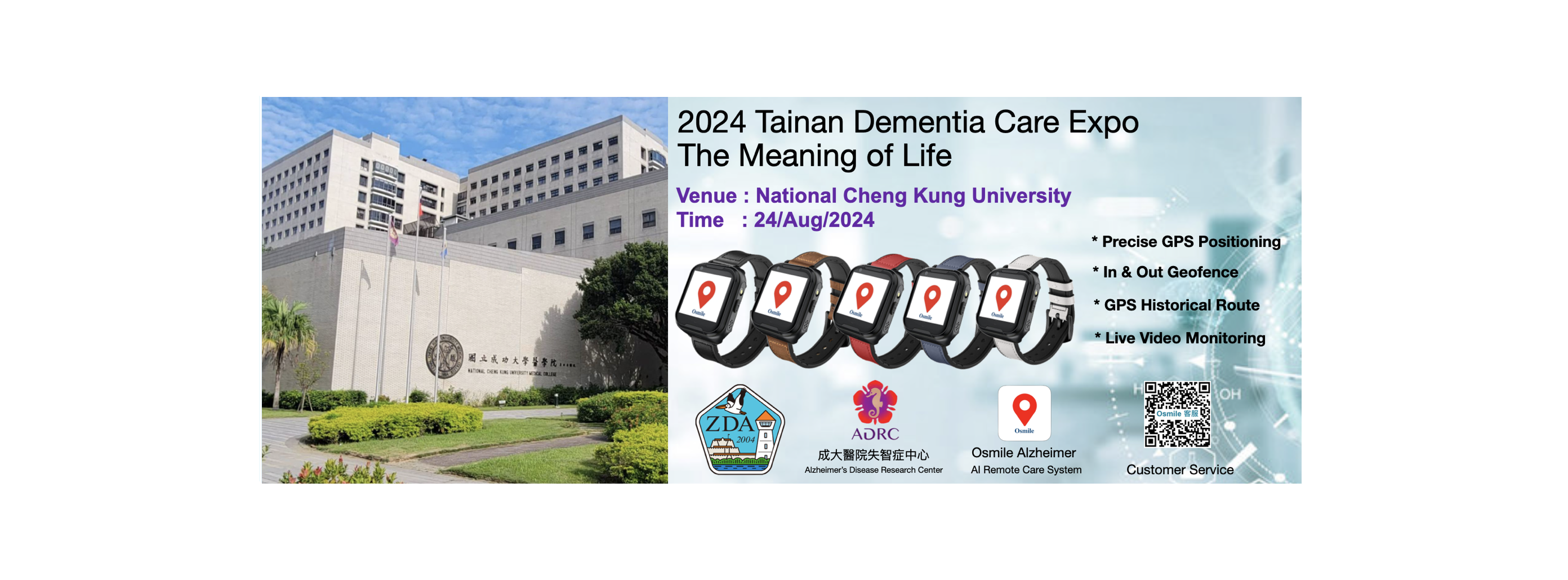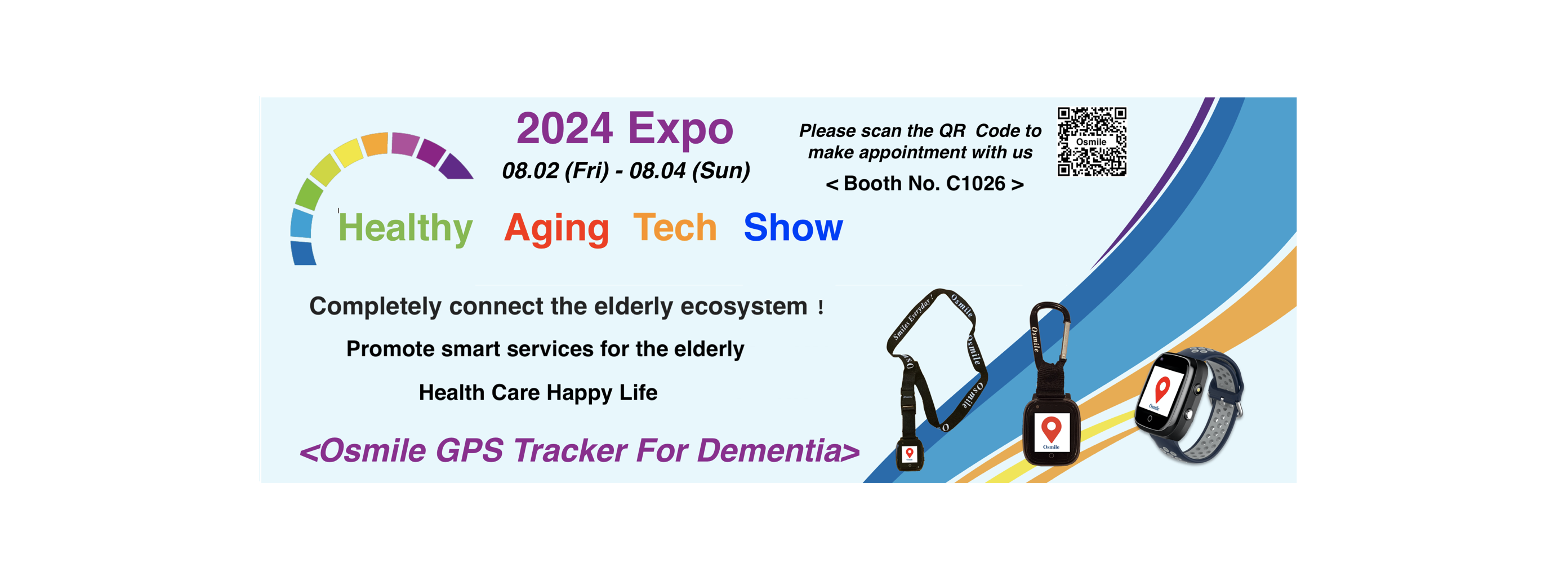Dementia is a growing challenge. As the population ages and people live for longer, it has become one of the most important health and care issues facing the world. In England it is estimated that around 676,000 people have dementia. In the whole of the UK, the number of people with dementia is estimated at 850,000.
Dementia mainly affects older people, and after the age of 65, the likelihood of developing dementia roughly doubles every five years. However, for some dementia can develop earlier, presenting different issues for the person affected, their carer and their family.
There are around 540,000 carers of people with dementia in England. It is estimated that one in three people will care for a person with dementia in their lifetime. Half of them are employed and it’s thought that some 66,000 people have already cut their working hours to care for a family member, whilst 50,000 people have left work altogether.
There is a considerable economic cost associated with the disease estimated at £23 billion a year, which is predicted to triple by 2040. This is more than the cost of cancer, heart disease and stroke.
Our vision
Dementia is a key priority for both NHS England and the Government. In February 2015 the Prime Minister launched his Challenge on Dementia 2020, which set out to build on the achievements of the Prime Minister’s Challenge on Dementia 2012-2015. It sets out NHS England’s aim that by 2020 we are:
- the best country in the world for dementia care and support for individuals with dementia, their carers and families to live; and
- the best place in the world to undertake research into dementia and other neurodegenerative diseases.
Some of the key aspirations of this vision are:
- Equal access to diagnosis for everyone
- GPs playing a lead role in ensuring coordination and continuity of care for people with dementia
- Every person diagnosed with dementia having meaningful care following their diagnosis
- All NHS staff having received training on dementia appropriate to their role.
One of the 10 priorities identified by NHS England as part of the Five Year Forward View is to upgrade the quality of care and access to mental health and dementia services.
Our partners
Other organisations and sectors are crucial to helping NHS England deliver improvements to services for those with dementia and their carers. We are working in collaboration with: Alzheimer’s Society, Public Health England, Department of Health, ADASS, Care UK, clinical commissioning groups, GP practices, Royal College of General Practitioners (RCGP), Royal College of Psychiatrists (RCPsych), amongst other stakeholders to develop NHS England’s five year transformation plan for people with dementia.
Our work
Developing an access and waiting time for dementia so people with dementia have equal access to diagnosis as for other conditions; setting the national average for an initial assessment at six weeks. This work will be undertaken through an expert reference group of key stakeholders including people living with dementia and carers.
Achieving and maintaining the dementia diagnosis rate. NHS England agreed a national ambition for diagnosis rates that two thirds of the estimated number of people with dementia in England should have a diagnosis with appropriate post-diagnostic support. This was achieved in November 2015. We will continue to monitor progress to ensure that the ambition is maintained and we will address the underlying variation in diagnosis rate at the CCG level through the provision of Intensive Support.
We have agreed that the dementia diagnosis rate will be included in the CCG Assessment Framework.
Post diagnostic care and support. As there has been substantial progress on diagnosis, NHS England will focus on improving post-diagnostic support. During 2015/16 we will:
- Propose a measure of effectiveness of post-diagnostic care in sustaining independence and improving quality of life.
- Use financial incentives to support improvements in post-diagnostic support, for example ensuring that people with dementia have a care plan on discharge from secondary care services; and increasing the health and wellbeing support offered to carers of patients diagnosed with dementia
- Development and publication of a 5-year transformation implementation plan called the `Well Pathway for Dementia` which covers preventing well, living well, supporting well and dying well.
Osmile GPS1000-Anti-lost GPS watch for elderly with Demantia: http://www.osmile.com.tw/GPS1000.php





